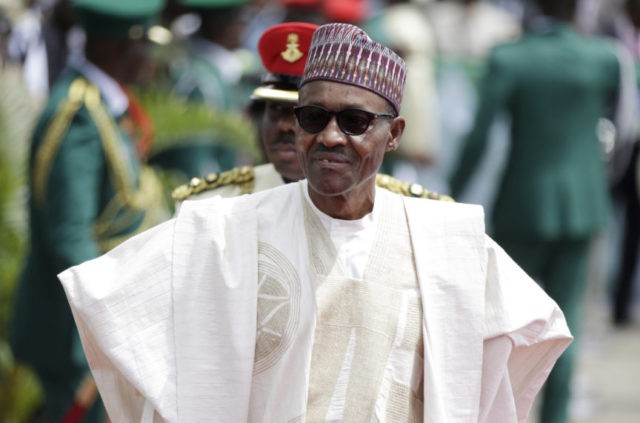The national electric grid in Nigeria suffered at least two significant failures this week, plunging Africa’s most populous country into darkness amid scorching heat.
Nigeria’s Premium Times reports that the first malfunction took place on Wednesday, adding:
The collapse has seen Nigeria’s electricity output dwindle to a meager 230 megawatts or less for a population exceeding 180 million, Premium Times learned. This was against 4,032 megawatts national average that was generated a day before on May 7.
At least two power generation engineers who spoke with PREMIUM TIMES under anonymity said the faults were still being traced as of Thursday afternoon, and power situation might not return to normal for another 72 hours.
Nigeria’s Daily Trust adds that the national grid failed again on Thursday, adding:
The national electricity grid has collapsed again on Thursday morning at 5:30am, sources in the industry have said. This is coming less than 18 hours after a similar collapse on Wednesday afternoon.
While the previous collapse was restored gradually on Wednesday evening, the latest collapse has left many states without power completely.
Although some parts of the country gained access to a few megawatts of power that were barely enough to light a few bulbs, other precincts found themselves in total darkness.
Premium Times points out:
Even though Nigeria generates a fraction of the energy it needs to power the country, consistent power failures have continued to assail the little progress it occasionally records in the sector.
In June 2018, the country was thrown into darkness after the national grid suffered acute gas shortages to fire turbines. The TCN [Transmission Company of Nigeria] responded swiftly to the crisis, but it took more than 72 hours to resolve the failure.
The cause of the power outages this week remains unknown, the news outlets indicate, noting that TCN did not respond to requests for comment on why the national power grid failed.
Residents of Kano, one of the Nigerian states affected by the outages, decried the scarcity of ice blocks amid the Muslim holy month of Ramadan that started on Monday.
During the ongoing Ramadan period, considered the holiest month for Islam adherents, most Muslims abstain from eating, drinking, smoking, having sex, and other physical needs each day, starting from before the break of dawn until sunset.
Kano “residents had to resort to using normal drinks to break their fast, owing to [the] scarcity of the ice block, adding that, that was not even effective to quench their thirst,” the Daily Nigerian reports.
“Many of the residents complained that they had been to many places in search of ice blocks but could not find it,” it adds. Although Muslims maintain a slight majority, nearly half of Nigerians are Christian.
In recent weeks, Nigeria has been experiencing scorching weather conditions.

COMMENTS
Please let us know if you're having issues with commenting.